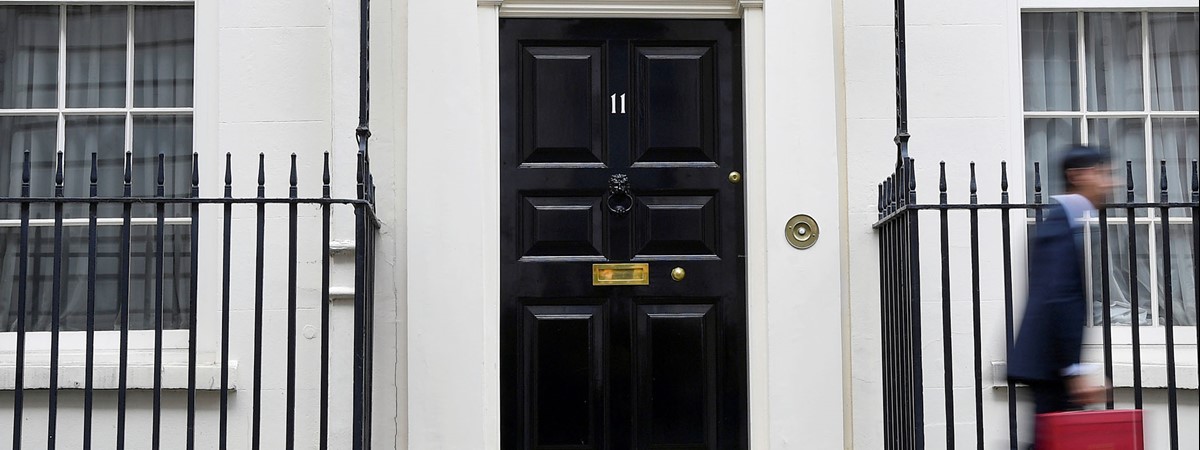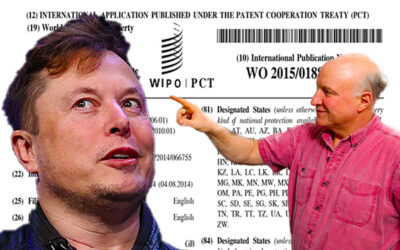[ad_1]

Sunak emphasised the importance of “investing in ideas” and continuing the UK’s historic track record of world-leading science and engineering.
“To help our businesses lead the next generation of high productivity industries, we also need to invest now in the technologies of the future,” he said. “We are the country of Newton, Hodgkin, and Turing, ours is a history filled with ideas, invention and discovery […] to compete and succeed over the next decade and beyond we need to recapture that spirit.”
He promised the largest and fastest increase in R&D spending in decades, with investment increasing to £22bn a year. This will make the UK’s R&D spending higher as a percentage of GDP than the US, China, Japan, and France.
Among other funding, he announced at least £900m towards research into nuclear fusion, space, and electric vehicles, and at least £800m to support a blue-sky research funding agency inspired by ARPA (now known as Darpa). He added that of the £400m investment into high-quality scientific research, a significant fraction would go to areas outside London and the South East of England, where research funding tends to be concentrated.
Sunak said that his budget would help support the creation of “high-skill, high-wage, low-carbon jobs” as the economy decarbonises. Among other investments, the government will provide at least £800m to establish two or more carbon capture and storage clusters by 2030. Sunak estimates that this would support the creation of up to 6,000 high-skilled jobs in former industrial heartlands.
From April 2022, the Climate Change Levy will be frozen for electricity and increased for gas while the Climate Change Agreement scheme – which gives companies a discount on their Climate Change Levy in return for reducing energy use and carbon emissions – will be extended by two years.
Tax relief will be abolished for red diesel (a significant source of noxious air pollution) in 2022, although many sectors will continue to receive the relief, including but not necessarily limited to agriculture, domestic heating, and rail. There will be overall £1bn investment in green transport including £500m to support the rollout of rapid charging hubs, such that drivers are never more than 30 miles from a charging point.
The government will introduce a new plastic packaging tax from April 2022, which will charge manufacturers and importers £200 per tonne of packaging made from less than 30 per cent of recycled plastic.
There will also be £640m dedicated to a “nature for climate” fund, which will support the planting of 30,000 hectares of trees over the next five years (an Energy Systems Catapult report published yesterday suggested that in order to meet the official government target of net-zero greenhouse gas emissions by 2050, the government would need to plant closer to this area of forest every year) and the restoration of 35,000 hectares of peatland.
The government will also provide £10m funding to help distilleries “go green”.
Sunak confirmed that the government would spend £5bn to fulfil its pledge to expand gigabit-capable broadband across the country; a plan which ambitiously aims to close the extreme digital divide between urban and rural areas. The government will also contribute £510m to the shared rural phone network to provide 4G coverage across 95 per cent of the country in five years’ time.
“The significant uplift in R&D funding, creation of a UK version of ARPA, a fundamental review of business rates and spending promises on infrastructure will all bring real benefits to people, businesses and communities,” said Dame Carolyn Fairbairn, director-generator of the Confederation of British Industry. “The next few months will bring opportunities for the government to make major decisions that they have understandably had to put to one side today. Some gaps still need to be filled in around skills, energy efficiency, and powering the UK’s low carbon future.”
Dr Joanna Cox, head of policy at the IET, said: “This was clearly a budget for technology and innovation with announcements of ambitious spending plans which will help to stimulate investment, jobs and economic growth […] Increased funding for R&D including monies for a new “blue skies” agency were most welcome and will play a vital role in leveraging regional prosperity and make progress towards net zero.”
Catherine McGuinness, policy chair at the City of London Corporation, commented: “We have long said that improved connectivity will not only strengthen the UK’s position as a world-leading business hub, but also help create greater shared prosperity nationwide. The commitment to ramp up infrastructure spending, particularly on green transport and gigabit broadband, is a positive first step.”
Sunak’s budget was delivered just weeks after a dramatic Cabinet reshuffle which saw former Chancellor Sajid Javid ejected from Treasury for resisting the replacement of his own advisers with advisers selected by the Prime Minister’s office. It has been overshadowed by the outbreak of coronavirus, which is expected to batter the global economy over the coming months. Much of the budget was dedicated to laying out the government’s response to the virus, which includes billions of additional pounds to support individuals and businesses through the outbreak.
[ad_2]
Source link
2020-03-11 13:57:26
Hilary Lamb
[author_name]:author name
https://eandt.theiet.org/content/articles/2020/03/budget-promises-hike-in-rd-investment-and-support-for-green-tech/
https://eandt.theiet.org/content/articles/2020/03/budget-promises-hike-in-rd-investment-and-support-for-green-tech/
eandt.theiet.org





0 Comments